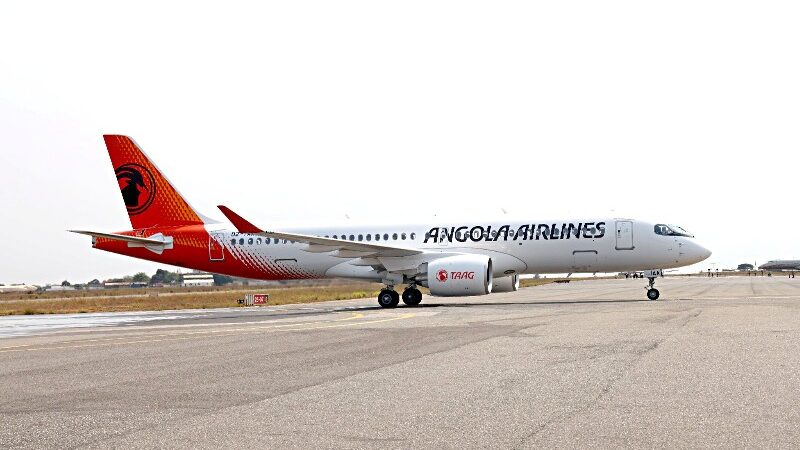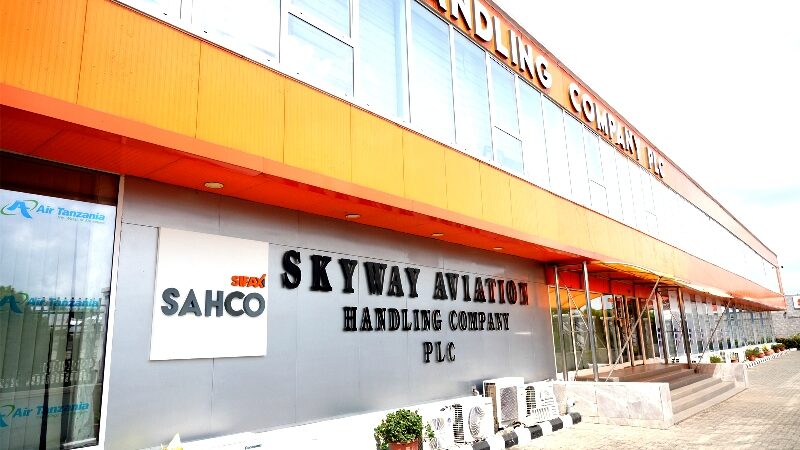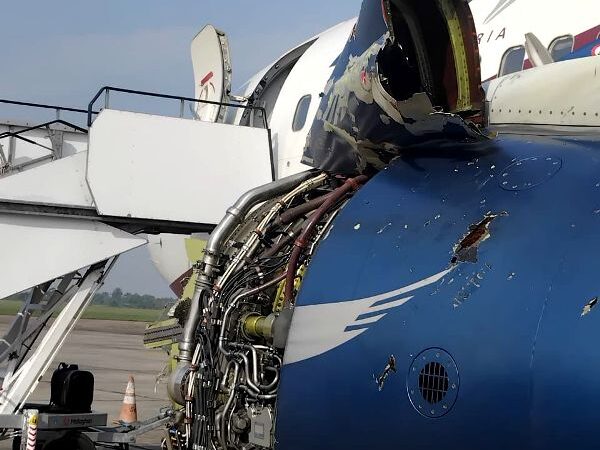Osubi Airport Manager Seeks Runway Expansion

The Airport Manager of Osubi Airport in Warri, Delta State, Nigeria, Mr. Winston Egwuatu says the most critical need of the airport at present, is expansion of the runway, which has restricted the number of airlines that patronize the airport because of its size as it only accommodates certain aircraft types that Nigeria’s domestic airlines operate.
“If you don’t have a certain size of aircraft, you cannot operate here,” he said in an interview, adding that the runway size is 2.1kilomtres “but there is a setback of 150 metres at the two ends of the runway. So, what is available for landing is 1.8km.
Asked why the runway size was limited right from the establishment and construction of the airport, Egwuatu said: “Initially when the airport was constructed, it was meant for private use by oil companies particularly. Shell built this airport for its oil operations to Forcadoes, to Excravos, to all the oil locations around this place. It was not meant for commercial flight operations. Now, they are no longer here. As at that time, there was also no provision for private people to manage airports because of the security implications. So, they had to restrict the size of the runway so that the name, Airstrip can remain. Now that it is no longer an airstrip but an airport, there is need to expand the runway because already, even by implications of our operations here, it is full scheduled commercial operations.
Egwuatu said contrary to what happens to most domestic airports in Nigeria that can hardly sustain themselves financially, Osubi Airport is sustained by Internally Generated Revenue (IGR), expressing hopes that more airlines will come.
“Overland Airways is here now. Before the end of the month, Rano Air will come. By first week of June, we will have Umza Air,” he said, describing Osubi route as the highest paying route in the country. He also said the airport has 32 committed personnel, the best environmental management programme in the country and enjoys two power source back-ups, including UPS which powers the airfield lights.






